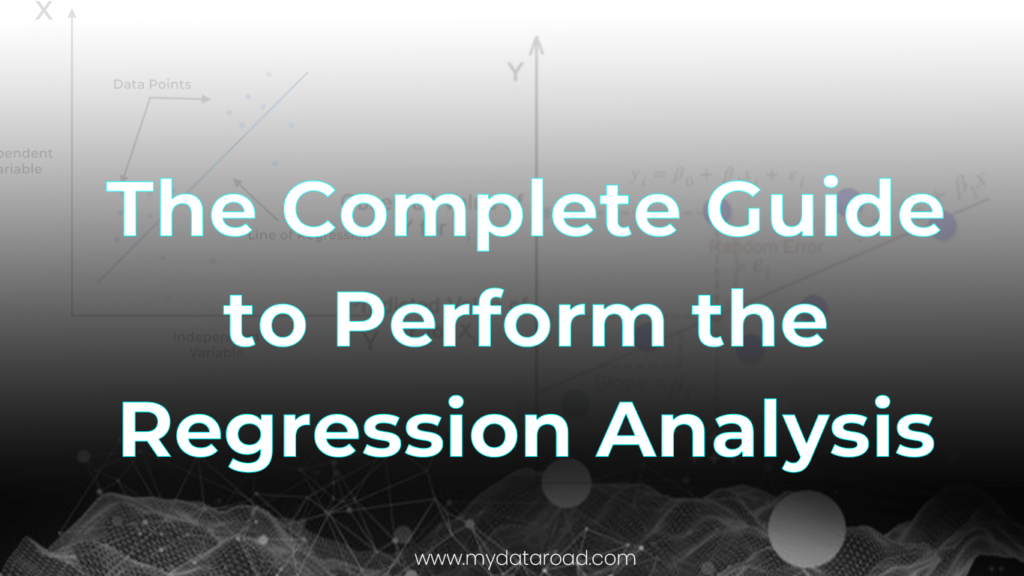What is data literacy?
Data literacy is the ability to read, understand, analyze, and communicate with data. In today’s world, where data is abundant and constantly growing, data literacy has become a vital skill for individuals and organizations alike. It goes beyond simply being able to interpret charts and graphs; it involves being able to ask the right questions, critically evaluate data sources, and draw meaningful insights from data. Data literacy empowers individuals to make informed decisions, solve complex problems, and effectively communicate their findings. With the increasing reliance on data-driven decision making in various fields, developing data literacy skills is essential for success in today’s data-driven world.
The relevance of data literacy in today’s world
Data literacy is an essential skill in today’s world, where vast amounts of data are being generated and collected every second. Being data literate means having the ability to understand, interpret, and communicate with data effectively. This skill is crucial because it allows individuals to make informed decisions, solve complex problems, and identify patterns and trends that can lead to innovation and growth. In a world driven by data, being data literate gives individuals a competitive edge, enabling them to navigate through the vast sea of information and extract valuable insights. Whether you are a business professional, a student, or just an everyday individual, developing data literacy skills is no longer a luxury but a necessity in order to thrive in our data-driven society.
The impact of data on various industries
Data literacy is becoming increasingly important in today’s world, as data continues to have a significant impact on various industries. From healthcare and finance to marketing and technology, data is being used to drive decision-making and improve overall performance. Understanding how to analyze and interpret data is crucial for professionals in these industries, as it allows them to identify trends, make informed decisions, and gain a competitive edge. Furthermore, data literacy empowers individuals to ask critical questions, challenge assumptions, and effectively communicate insights derived from data. In a world driven by data, being data literate is no longer just a valuable skill, but a necessity for success.
How data literacy can enhance decision-making
Data literacy is a vital skill in today’s data-driven world, and it can significantly enhance decision-making processes. Understanding and interpreting data allows individuals to make informed choices based on evidence and analysis. With data literacy, individuals can effectively analyze patterns, trends, and correlations in data, enabling them to identify opportunities, mitigate risks, and make strategic decisions. Moreover, data literacy enables individuals to communicate their findings and insights effectively, facilitating collaboration and alignment within teams and organizations. By embracing data literacy, individuals can gain a competitive edge and make more informed decisions that drive success in their personal and professional lives.
The role of data literacy in career advancement
Data literacy plays a pivotal role in career advancement in today’s data-driven world. With the exponential growth of data, professionals who possess the skills to understand, analyze, and interpret data have a competitive edge. Data literacy enables individuals to make informed decisions, identify trends, and solve complex problems, leading to more effective and efficient outcomes. Moreover, data-literate professionals can communicate their findings and insights to others, fostering collaboration and driving innovation within their organizations. By developing data literacy skills, individuals can unlock a plethora of opportunities and propel their careers forward in a wide range of industries.
Challenges in achieving data literacy
Data literacy is becoming increasingly important in today’s world, as we are constantly inundated with vast amounts of data. However, achieving data literacy can be challenging. One of the main challenges is the sheer volume and complexity of data available. Understanding how to collect, analyze, and interpret this data can be overwhelming for many individuals. Additionally, there is a lack of awareness and education around data literacy, with many people not realizing the importance of this skillset in their personal and professional lives. Overcoming these challenges requires a commitment to learning and staying updated on the latest tools and techniques in data analysis. By developing data literacy skills, individuals can make informed decisions, identify trends, and gain a competitive edge in today’s data-driven world.
Strategies to improve data literacy skills
Improving data literacy skills is essential in today’s world, where data is increasingly driving decision-making in various fields. One effective strategy to enhance data literacy is through hands-on practice with real-world datasets. By engaging in data analysis projects, individuals can develop a better understanding of how to collect, clean, analyze, and interpret data. Additionally, seeking out data literacy courses or workshops can provide structured learning opportunities and help individuals gain proficiency in using data tools and techniques. Furthermore, staying informed about the latest trends and advancements in data analytics can help individuals stay ahead in this rapidly evolving field. Developing data literacy skills not only empowers individuals to make data-driven decisions but also enables them to contribute effectively to their organizations and make a positive impact on society.
The importance of data privacy and ethics in data literacy
Data privacy and ethics are fundamental aspects of data literacy in today’s world. With the increasing amount of data being generated and collected, it is crucial to prioritize the protection of personal information and uphold ethical standards in handling data. Understanding the importance of data privacy ensures that individuals have control over their own information and can make informed decisions about how it is used. Additionally, incorporating ethics into data literacy practices helps to address potential biases and ensure fair and responsible data analysis. By emphasizing data privacy and ethics, we can foster a culture of trust and accountability in the use of data, ultimately benefiting both individuals and society as a whole.
Resources and tools to develop data literacy
In today’s data-driven world, developing data literacy is crucial for success in various fields. Fortunately, there are numerous resources and tools available to help individuals enhance their data literacy skills. Online courses and tutorials provide a structured learning environment, teaching the fundamentals of data analysis and interpretation. Data visualization tools, such as Tableau and Power BI, allow users to transform complex data sets into easily understandable visuals. Additionally, data literacy communities and forums provide a platform for individuals to connect with experts and peers, fostering collaboration and knowledge sharing. By utilizing these resources and tools, individuals can develop the necessary skills to navigate and make informed decisions in our data-rich society.
Conclusion: Why data literacy is essential in today’s world
Data literacy is a critical skill in today’s world, and its importance cannot be overstated. In a time where data is constantly being generated and utilized, being able to understand and interpret it is crucial. Data literacy empowers individuals to make informed decisions, identify trends and patterns, and communicate effectively using data. Without this skill, individuals may struggle to navigate the vast amount of information available to them, leading to uninformed decisions and missed opportunities. By developing data literacy, individuals gain the ability to analyze data critically, ask the right questions, and draw meaningful insights. In a world driven by data, being data literate is not just advantageous, but essential for success.
What you should know:
- Our Mission is to Help you to Become a Professional Data Analyst.
- This Website is a Home for Data Analysts. Get our latest in-depth Data Analysis and Artificial Intelligence Lessons and Updates in your Inbox.

Tech Writer | Data Analyst | Digital Creator


